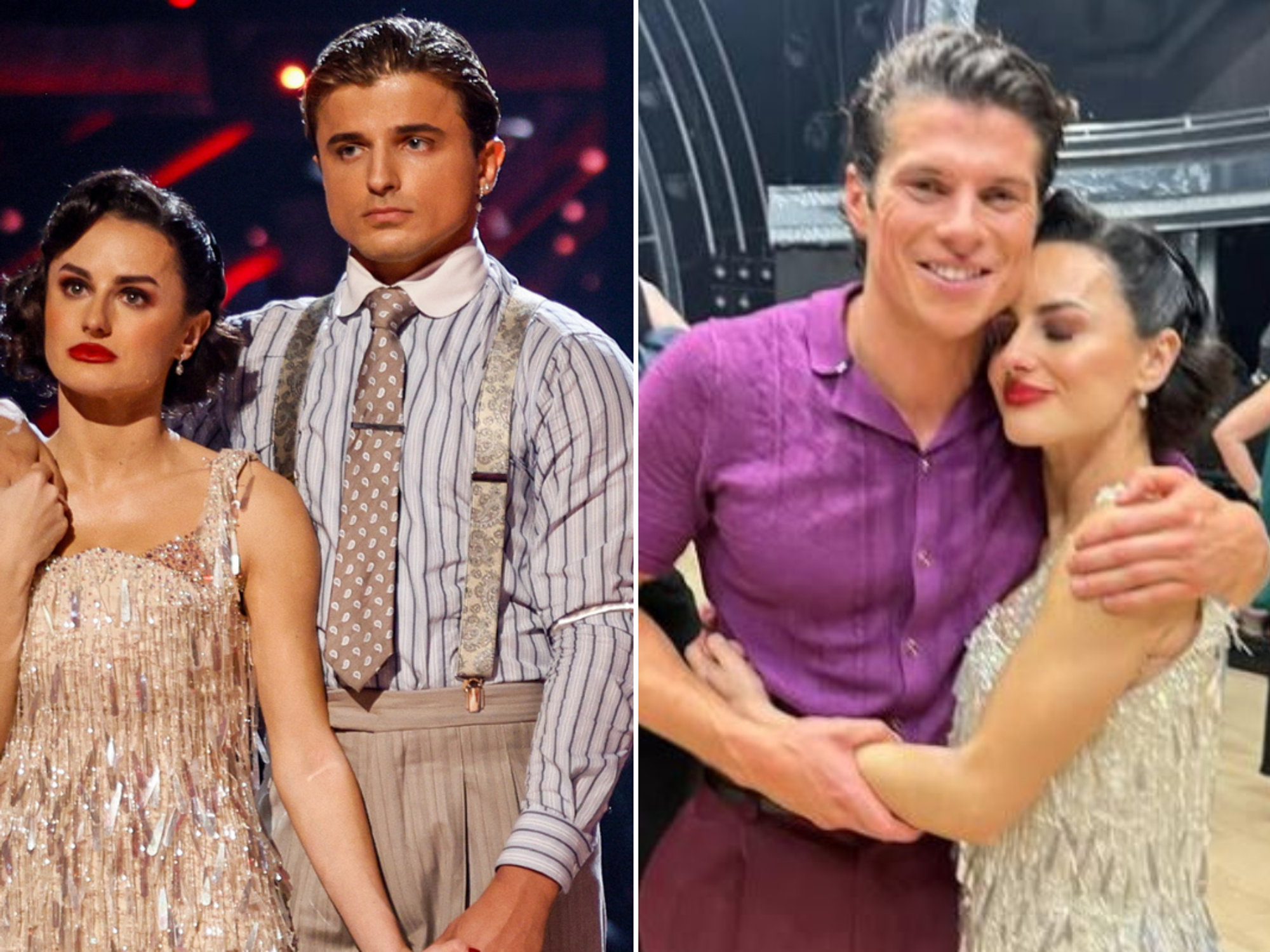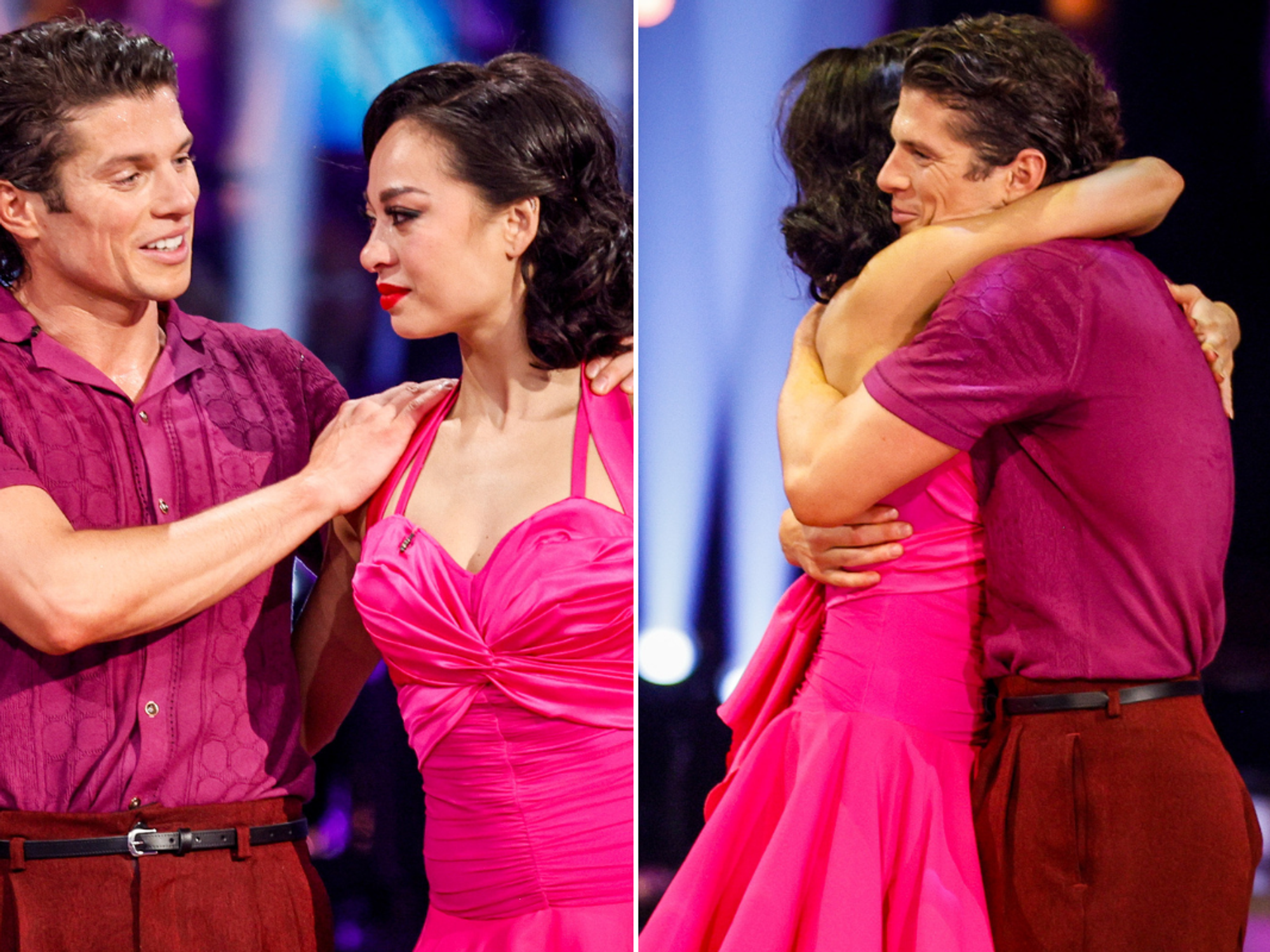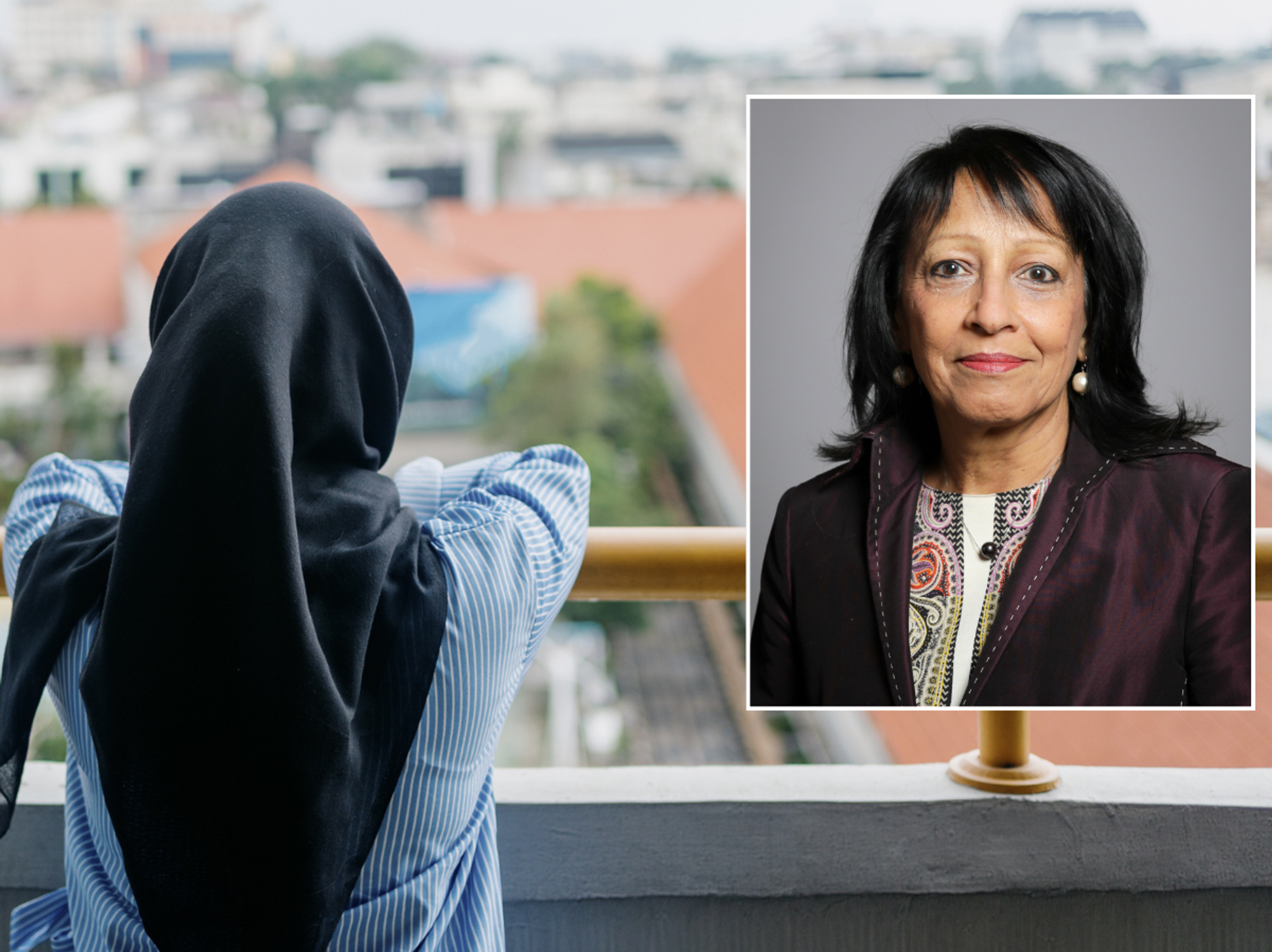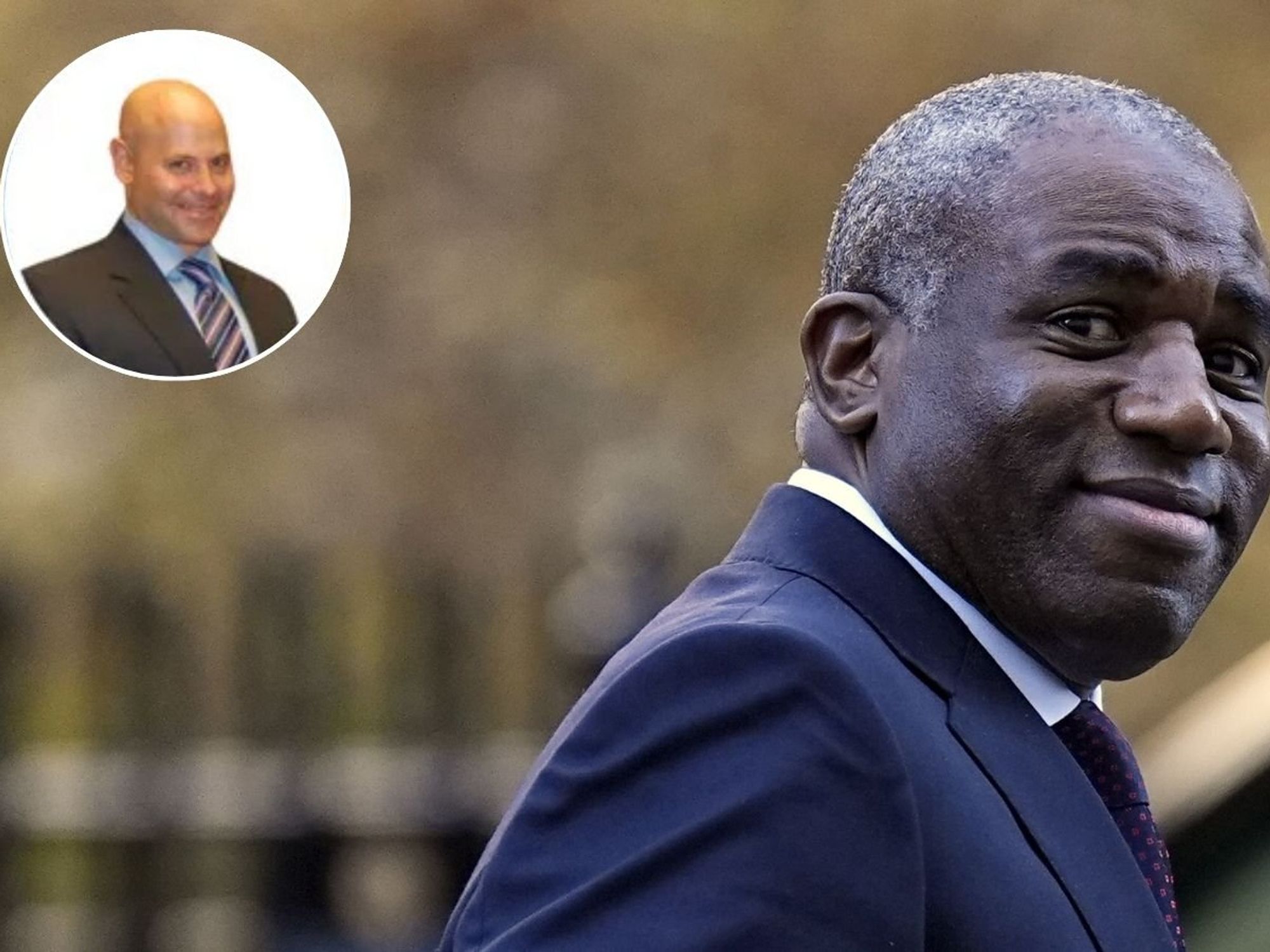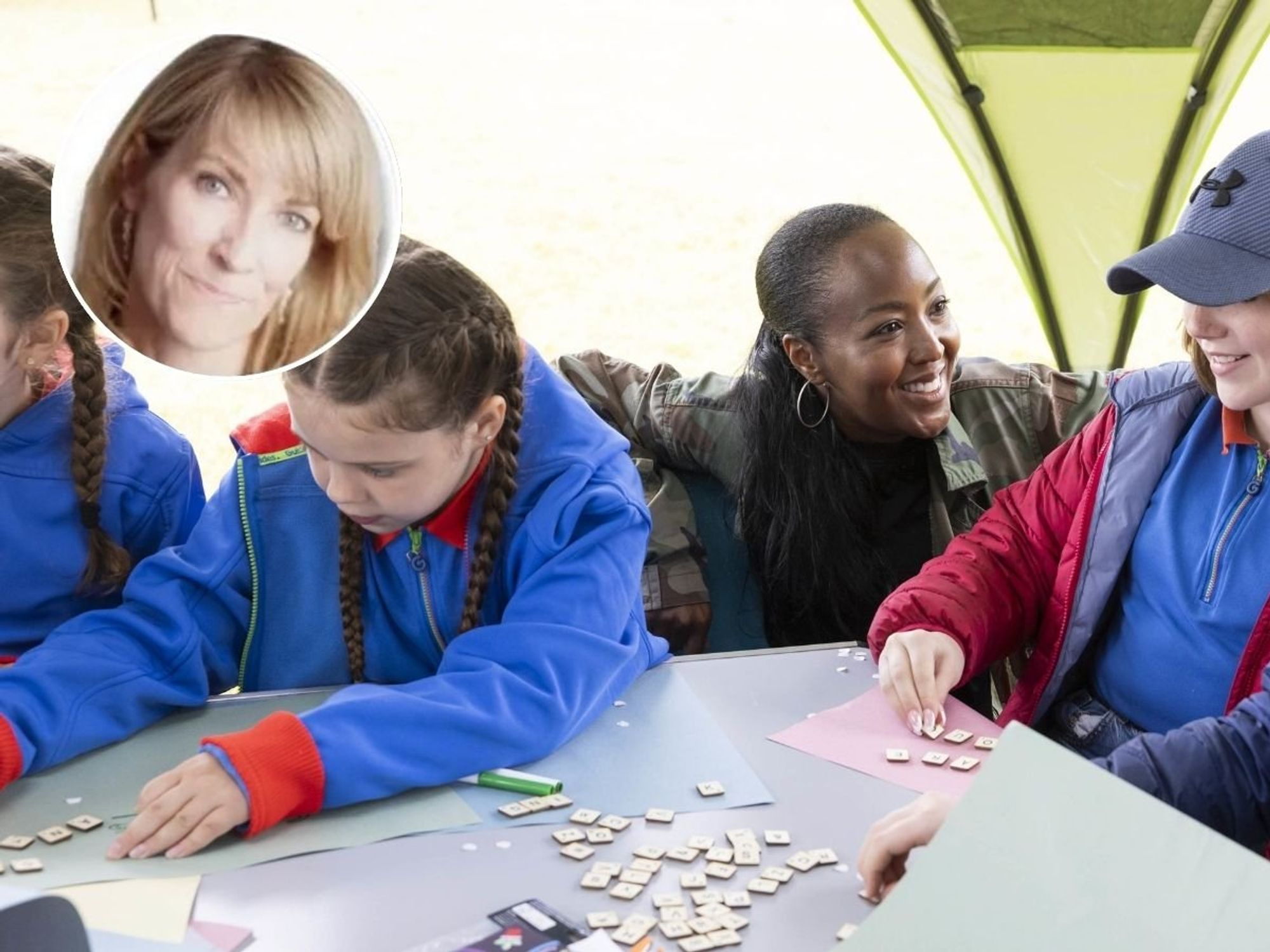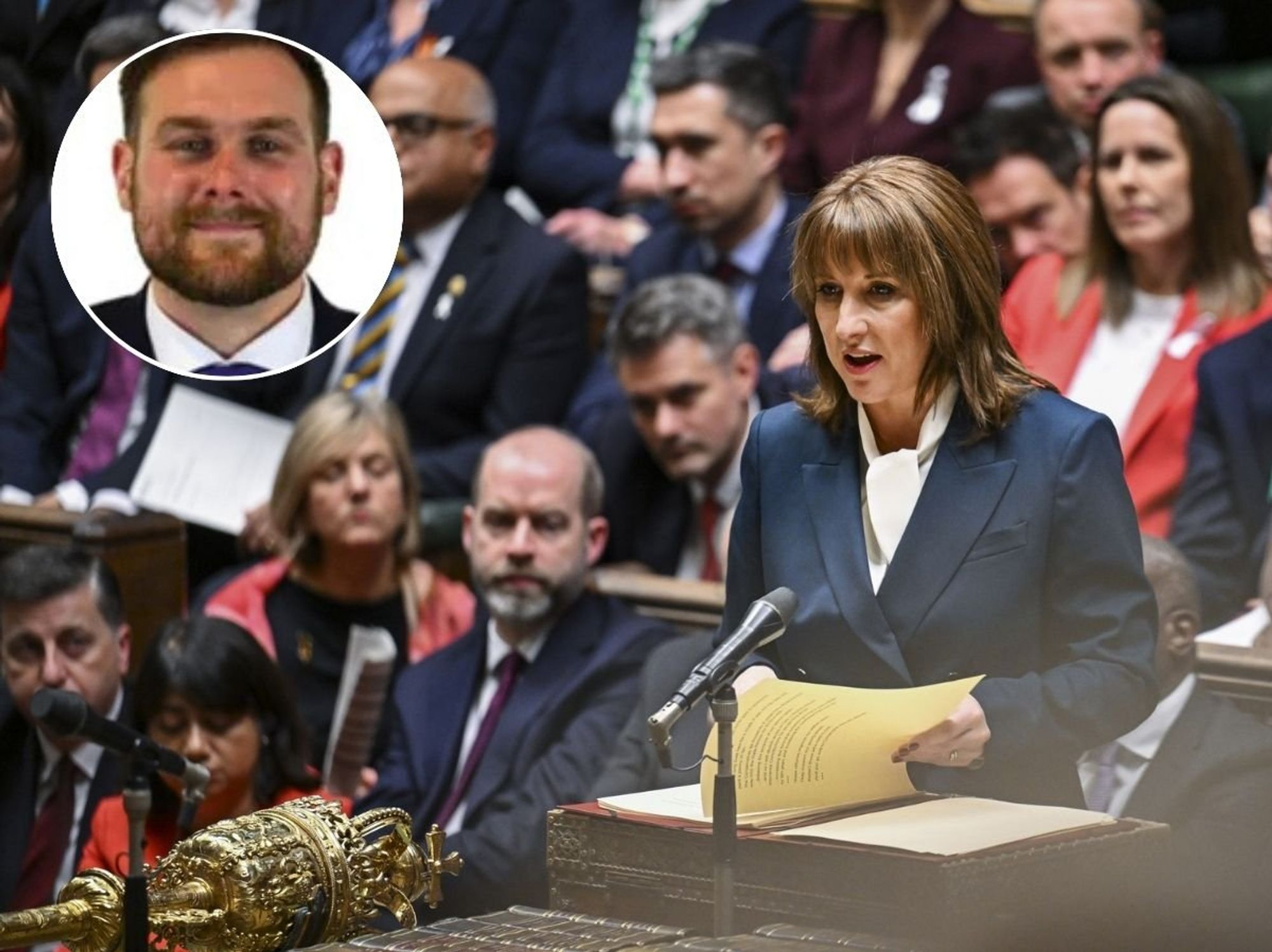Andrew Doyle: If a book offends you, don't start a Twitter storm - just don't read it
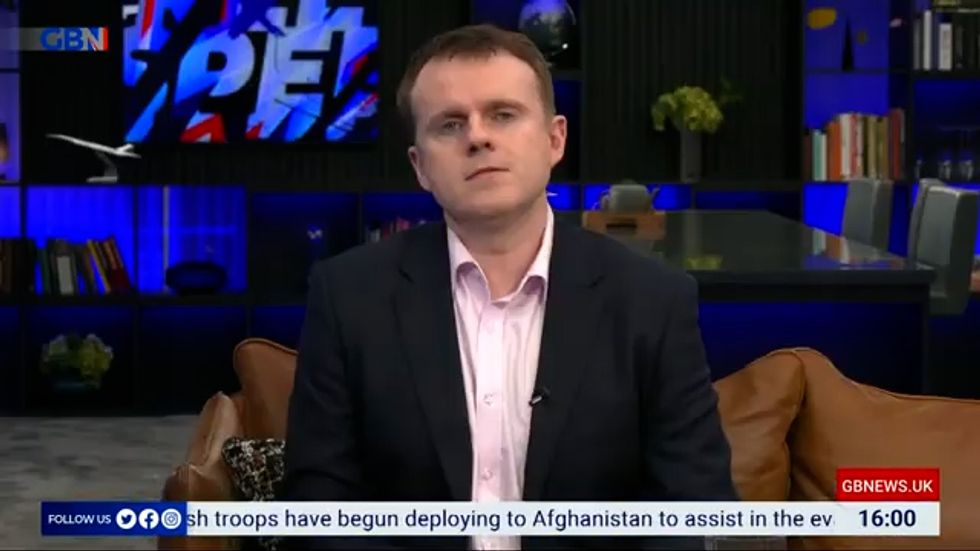

By Andrew Doyle
Published: 14/08/2021
- 16:53Updated: 14/08/2021
- 16:57So let’s celebrate the risk-takers and the offence-givers, particularly when it comes to the creative arts
Don't Miss
Most Read
The author Philip Pullman has said that people who cancel books would feel at home in ISIS. He’s been accused of being heavy-handed in his comparison. And that’s true, I suppose. Social Justice activists are nothing like ISIS.
On the one hand you’ve got a group of extremists who use fear and intimidation to maintain their dominance, seek to silence all dissent, tear down monuments that offend them, and force everyone to subscribe to their belief system. And on the other hand – well, I’m sure you can work out where I was going with that.
All of this came about because Pullman was defending the author Kate Clanchy, who was criticised for her book “Some Kids I Taught and What They Taught Me” because it contained quote “stereotypical portrayals of ethnic minority and autistic pupils”. What actually happened was a few activists on Twitter had taken a few quotations out of context. But that doesn’t matter. Clanchy has now apologised. And Pullman has apologised for defending her.
Because capitulating to the mob is what we do now. Personally, I like to issue an apology on Twitter every morning just in case anything I say later in the day is deemed to be problematic. Just saves a bit of time. Kate Clanchy has said that she will rewrite her book and remove all objectionable aspects.
Her book, by the way, won the Orwell Prize. And I’m pretty sure that Orwell had something to say about revising texts in accordance with ideological demands. I really don’t think the universe can cope with these levels of irony. So what does it mean to be offended? For the most part it comes from a disconnect between how things are and how we feel they ought to be.
We can be offended by things that have nothing to do with us directly, perhaps because they violate our sense of justice. More commonly, we are offended by matters that relate specifically to ourselves. And there's nothing wrong with that. Feeling offended is a natural part of human existence. The question is what we do with that feeling of offence. One thing we can do is to insulate ourselves from the source of the offence.
So for instance if you’re offended by Dolph Lundgren’s acting abilities, you can simply choose not to watch films with Dolph Lundgren. Although then you’d be missing out on Rocky 4, which would make you a philistine. The other way you might react to feeling offended is to believe that the offender has to change. And sometimes this can mean a desire to see that person censored or silenced. And this is where the problem lies.
Consider social media. If someone offends you, you can block them. That’s completely your right and is often a good idea. But what if instead of blocking the person in question you contact Twitter and try to get them booted off the platform? Now you’ve gone from insulating yourself from offence – which is your right – to attempting to silence someone else.
That’s the important distinction here. Now Kate Clanchy has made her own choice to apologise and rewrite the book. And that's up to her. Even though there has been pressure from activists, Clanchy has made her own decision and is free to do so. My fear is that this kind of reaction is becoming the norm among creative people Because when it comes to the arts, it isn't state censorship that is the major problem. It's self-censorship.
This isn’t to be confused with choosing our words carefully and thinking before we speak. That’s called politeness, and you’d have to be some kind of sociopath not to have some kind of filter. No, self-censorship is when you want to express yourself in a certain way, but you refrain from doing so because you fear a backlash.
But when it comes to the arts, we need risk-takers. If creatives weren’t prepared to take risks we’d never have had novelists like Anthony Burgess, James Joyce or Salman Rushdie. We wouldn’t have playwrights like Caryl Churchill, Edward Albee or Joe Orton. We wouldn’t have filmmakers like Quentin Tarantino, Michael Haneke or Lars Von Trier. We wouldn’t have had comedians like Joan Rivers, Patrice O’Neal or Richard Pryor. The artistic landscape would be completely barren.
So let’s celebrate the risk-takers and the offence-givers, particularly when it comes to the creative arts. And here’s a novel idea. If a book offends you, don't start a Twitter storm. Don't complain to the publisher. Don't try to get the author to rewrite the parts you didn't like. Just don’t read the book. And leave the rest of us to make our own decisions.





